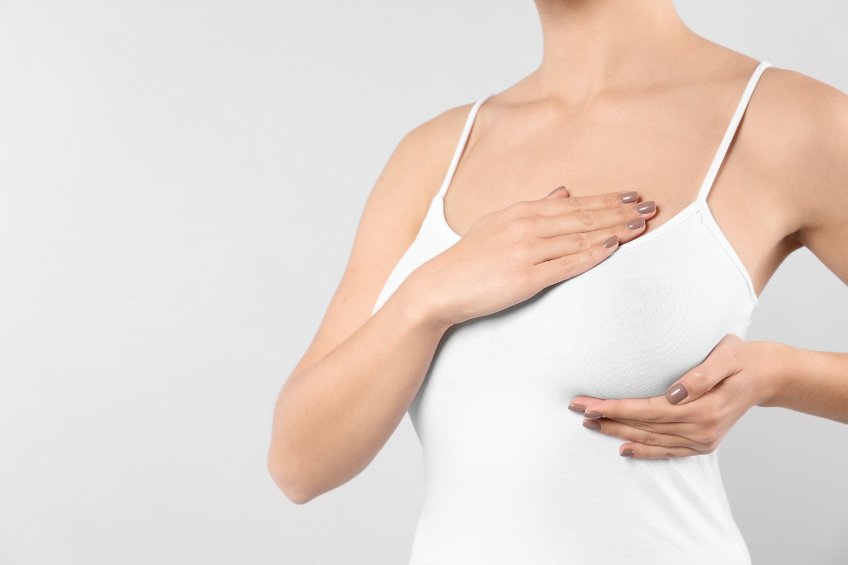The National Breast Cancer Foundation, Inc defines breast cancer as malignant cancer cells that develop in the tissues of the breast. Cancer is a wide-ranging term for a group of diseases that are described as irregular cells that grow and enter healthy cells in the body. Cancer starts in the cells that make up tissue, and tissues are found in many different parts of the body. A buildup of cells that involve cell growth that went wrong, or cells that do not die like they should when they are damaged build up and can form an amount of tissue called a lump, growth, or tumor. Catching cancer early is important because cells that get away from the original tumor can enter lymph vessels which go into tissues through the body, and blood vessels as well.
When people are diagnosed with breast cancer, they may wonder how this happened to them. With all the advances in medicine and technology today there is still no for sure answer about what exactly caused someone to get breast cancer. Doctors rarely know why one person gets breast cancer and another person does not. The majority of women that have breast cancer will never be able to point to an exact cause of their cancer.
Read more in our Breast Cancer Awareness blog
There are many myths out there about what can cause breast cancer, but there are things health care providers know do not cause breast cancer such as touching someone who has cancer, microwaves, caffeine, deodorant, or cell phones for example. There are risk factors for women that may develop breast cancer, but when a woman has a risk factor it does not mean she will get breast cancer. The are many women who have risk factors for breast cancer and never get it. Risk factors for breast cancer are having family members who have had breast cancer or drinking alcohol. There are some risk factors people can control such as drinking alcohol and others they have no control over such as if their mother or grandmother had breast cancer.
Early detection is important and when breast cancer is found early there is a very high survival rate. Monthly breast self-exams, and regularly scheduling mammograms and clinical breast exams are important for practicing early detection. Other things an individual can do to lower their risk of breast cancer is stay physically active, eat vegetables and fruits, keep a healthy weight, limit consumption of alcohol, and do not smoke. We are all given one body, so it is important to take care of it by maintaining a balanced and healthy lifestyle!
https://www.cdc.gov/cancer/dcpc/resources/features/breastcancerawareness/index.htm











